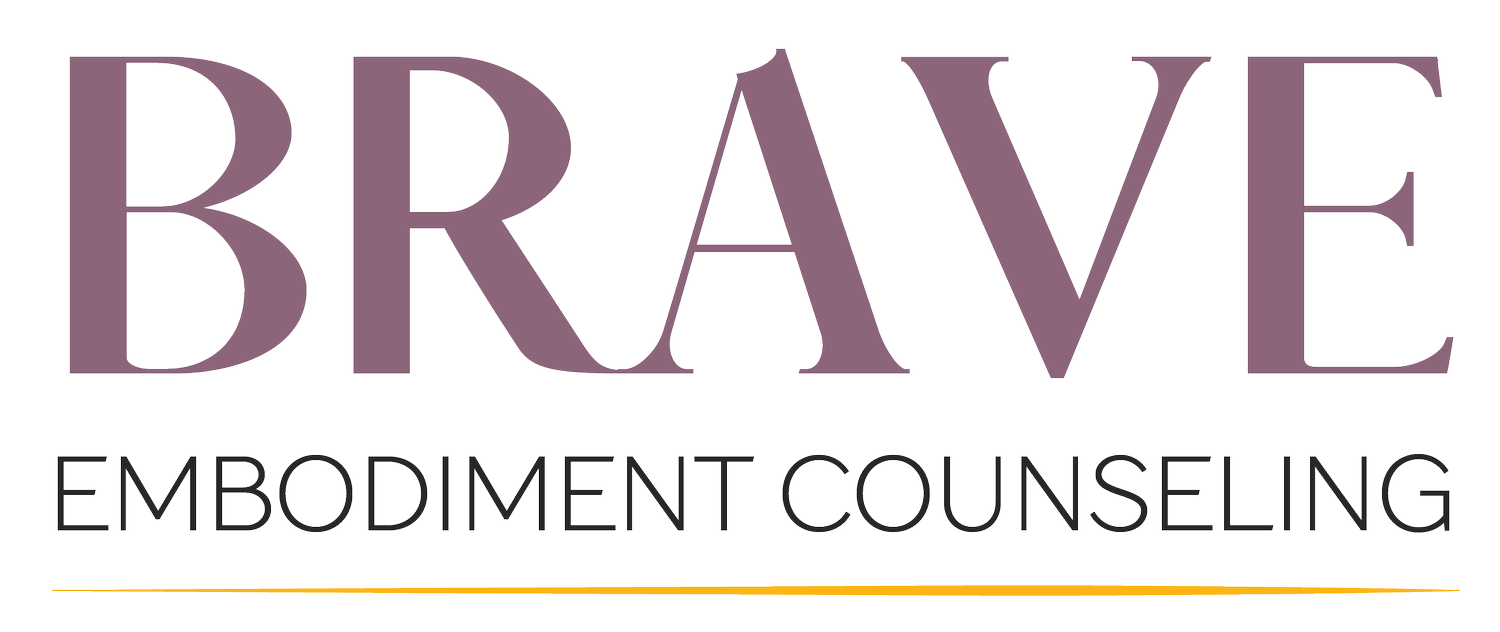Self-Love Part 1: Understanding Self-Love – More Than Just a Buzzword
Self-love is often marketed as bubble baths, spa days, and positive affirmations. While these can be wonderful acts of self-care, true self-love runs much deeper. It’s not just something we think about or do – it’s something we feel, embody, and integrate into every part of our being.
As holistic therapists, we see self-love as an ongoing relationship you have with yourself – one that requires patience, awareness, and healing. It’s about how we speak to ourselves in difficult moments, how we honor our needs and limits, and whether we can sit with our pain without judgment.
But how do we move beyond the idea of self-love and into the felt experience of it?
The Difference Between Thinking vs. Feeling Self-Love
Many people think they love themselves because they intellectually understand the concept and agree that it’s a “good thing to do”. They might say, “Of course I love myself – I take care of my health, I do things that make me happy.” But self-love isn’t just about what we do; it’s about what we feel energetically and in our bodies.
True self-love feels like:
A sense of safety, steadiness and belonging from within yourself
Gentle warmth in your chest when you acknowledge your worth
A softening in your body when you meet yourself with compassion
The ability to experience joy and pleasure without guilt
A willingness to embrace your imperfections without needing to “fix” them
If these feelings seem distant or fleeting, it may be due to unconscious barriers formed through societal conditioning and past experiences that are blocking your ability to fully receive self-love (we all have these blocks!)
How Conditioning & Past Experiences Block Self Love
From an early age, we absorb messages about our worth or value from family, culture, media, and relationships. Many of us internalize beliefs like:
“I’m only lovable if I achieve or perform well.”
“Taking care of myself is selfish.”
“I have to be perfect to deserve love.”
“My emotions are too much for other people.”
These subconscious narratives shape how we relate to ourselves. If we’ve experienced ongoing criticism, neglect, or rejection, we may develop an inner voice that mirrors those experiences, making self-love feel unnatural, uncomfortable, or sometimes near impossible.
Healing these barriers requires a holistic approach – one that integrates mind, body, and soul.
A Holistic Approach to Self-Love: Mind, Body & Soul
To access authentic self-love, we must engage in healing and growth work on all four levels of ourselves:
Mind - Becoming aware of negative self-talk and shifting it with curiosity rather than force. Instead of “I’m not good enough” try asking, “Where did this belief come from? And, how does having this belief help or protect me?”
Body - Noticing how self-love (or lack of it) feels physically. Do you tense up when you receive compliments? Do you numb emotions through distractions? Practices like breathwork, movement, and touch (self-massage, placing a hand on your heart, etc) can help rewire how you experience self-love in your body.
Emotion - What are your tendencies when emotion arises? Do you get urges to turn away from it? Does a part of you tell you that emotions are weak and pointless? Do you accept your emotions as part of being human and wait for the crucial messages about your needs to come through? Getting into a practice of meeting emotions with compassion and curiosity can help you gain more access to your core self that exists in a state of calm and compassion i.e. love.
Soul- Connecting with something greater than yourself, whether through nature, meditation, creativity, or spiritual practices, can remind you that you are inherently worthy – simply because you exist. You don’t have to do anything or become something else in order to have value, you already do because you are a living, breathing soul.
Reflection Exercise: Identifying Your Barriers to Self-Love
Take a few moments to reflect on the following questions. Journaling your responses can help uncover subconscious blocks and patterns.
What messages did I receive about love and worthiness growing up? What did my family care about most or was valued in my family?
How do I speak to myself when I’m struggling or make a mistake?
Do I feel comfortable receiving love, praise, or care from others? Why or why not?
What emotions arise when I try to practice self-love? Do I feel resistance, guilt or discomfort?
If self-love felt natural and easy for me, how would my life be different?
As you explore your responses, notice what emotions or sensations arise in your body. If discomfort comes up, notice where in your body you feel the discomfort and see if you can offer the discomfort kindness and breath rather than pushing it away. Awareness is the first step to change.
Final Thoughts
Self-love is not a destination but a practice – a way of being with yourself that evolves over time. Some days, it feels effortless; other days, it requires deep inner work. The key is to keep showing up for yourself, with as much gentleness and patience as you would for someone you deeply love.
Remember, you are already worthy. The healing and growth journey is simply about remembering that truth and removing the inner blocks to believing it.
If you’re ready to dive deeper into your journey of self-love, consider working with us! We are holistic therapists in Colorado with training in somatic and creative methods which can effectively support you unraveling the patterns that are holding you back from truly loving yourself. You, just as much as anyone else, deserve love and the relationship you have with yourself is the longest relationship you will ever have so it’s worth investing in. Just click the “contact” tab in the upper right-hand corner of our website, submit your contact form and we will be in touch ASAP!
